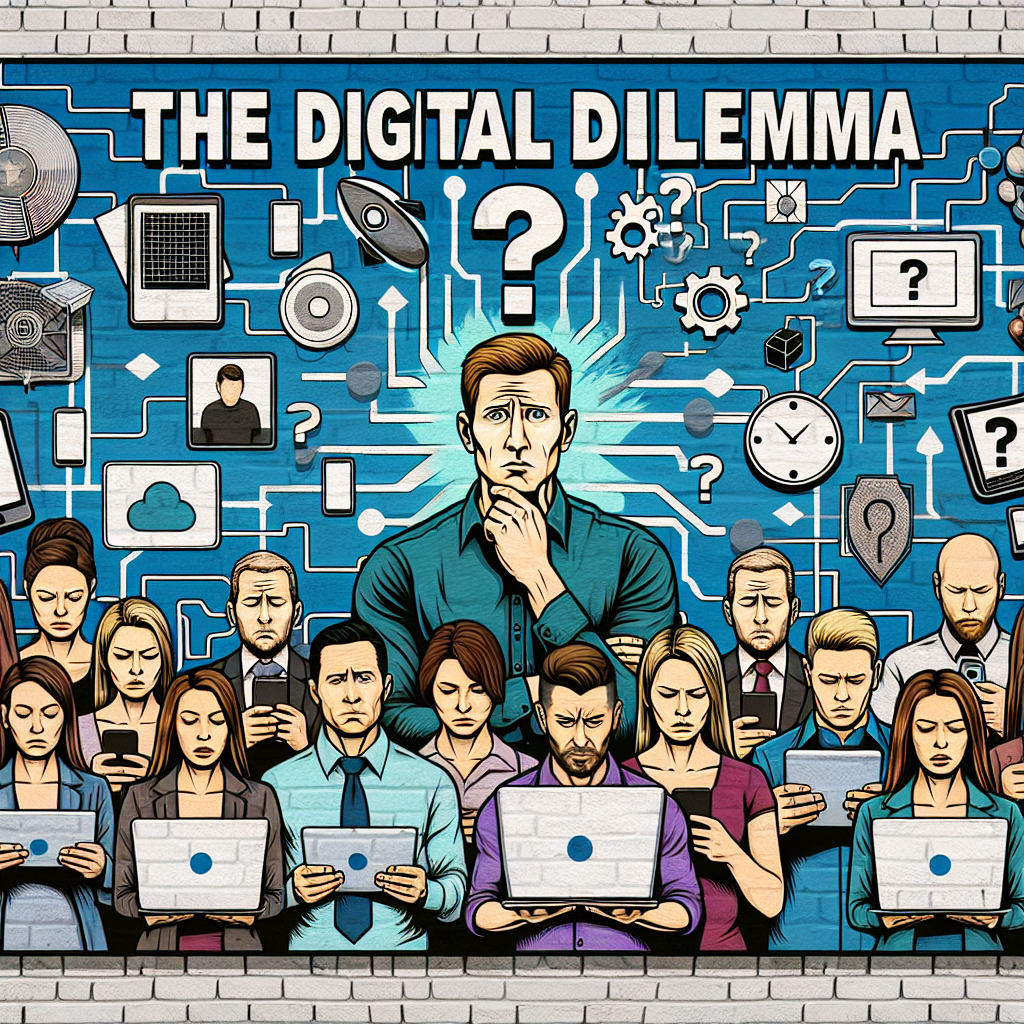In an age where technology is integrated into nearly every aspect of our lives, the battle for focus has never been more challenging. Each beep of a notification, every ping of a message, can tug at our attention and derail our concentration. But how does this constant barrage of digital interaction affect our mental clarity? In this article, we will explore the effects of technology on our ability to focus, offer strategies to mitigate distractions, and help readers regain their concentration.
The Rise of Digital Distractions
With the advent of smartphones, tablets, and social media, our attention spans have dramatically changed. According to studies, the average human attention span has decreased from around 12 seconds in 2000 to approximately 8 seconds today. This decline is alarming when you consider that a goldfish has an attention span of around 9 seconds!
1. Notifications Galore
Research shows that the number of daily notifications has increased significantly over the years, leading to frequent interruptions in our work and personal lives. These notifications trigger a reactive state where our brain switches from focus-mode to distraction-mode, making it difficult to dive back into the task at hand.
2. The Multitasking Myth
Many believe that multitasking is an effective way to accomplish more tasks simultaneously. However, neuroscience suggests that what we consider multitasking is essentially task-switching. Frequent switching can cost us up to 40% of our productive time. Our brains are not equipped to handle multiple streams of information at once!
The Psychological Impact of Distractions
The adverse effects of digital distractions extend beyond mere inconvenience. Here’s how they impact us psychologically:
- Increased Stress: Constant interruptions can lead to heightened stress levels, with individuals feeling overwhelmed by the combined demands of technology and daily tasks.
- Reduced Quality of Work: Frequent distractions often translate into poor quality work, resulting in errors and the need for revisions, which can be time-consuming.
- Procrastination: Engaging with digital distractions can lead to procrastination, as individuals opt for the immediate gratification of checking notifications over completing tasks.
Strategies to Enhance Focus in a Digital World
1. Establish Tech-Free Zones
Designate specific areas in your home or workspace where technology is not allowed. This can be during family meals or while unwinding with a book. Create a physical barrier between you and your devices, allowing for undistracted focus.
2. Limit Notifications
Take control of your digital environment by disabling non-essential notifications. Prioritize which alerts are crucial for your work and personal life, reducing the temptation to check your devices constantly.
3. Use Focused Work Techniques
Methods such as the Pomodoro Technique encourage focused work sessions, typically lasting 25 minutes, followed by a short break. This structured approach can help in maintaining concentration levels while allowing for regular mental resets.
4. Mindfulness Meditation
Practicing mindfulness meditation can improve your attention span and help build resistance to distractions. Starting with just a few minutes daily can train your brain to focus better over time.
5. Schedule Tech Time
Designate specific times for checking emails and social media, ensuring that these tasks don’t spill over into your focused work hours. By having a structured schedule, you can minimize temptations and stay on track.
Conclusion
The digital dilemma is real, and it’s affecting our ability to focus effectively in a technology-dominated world. While technology brings numerous advantages, such as connectivity and access to information, it also introduces significant challenges to our concentration. By understanding the impact of digital distractions and implementing purposeful strategies to enhance focus, we can reclaim our attention and improve our productivity. In this fast-paced digital age, the ability to focus is becoming a rare skill—one worth cultivating.
FAQs
1. What is the impact of digital distractions on productivity?
Digital distractions significantly reduce productivity by interrupting workflow and causing mental fatigue. Constantly switching tasks can lead to decreased efficiency and increased errors.
2. How can I reduce my screen time?
Set specific goals for your screen use, such as limiting social media to certain times of the day or using apps that monitor your screen time. Consider engaging in offline activities that you find enjoyable.
3. Can meditation improve focus?
Yes, mindfulness meditation has been shown to enhance focus and attention. It trains the brain to stay present, reducing the tendency to get distracted by external stimuli.
4. What are some tools to help manage distractions?
There are many apps designed to help reduce distractions, such as Forest, Focus@Will, and Freedom, which block distracting sites. Explore various options to find what works best for you.
5. Is it possible to regain focus after being distracted?
Absolutely! While the initial recovery may take time, employing strategies like taking breaks, practicing mindfulness, and using focused work techniques will gradually enhance your ability to regain focus after distractions.





